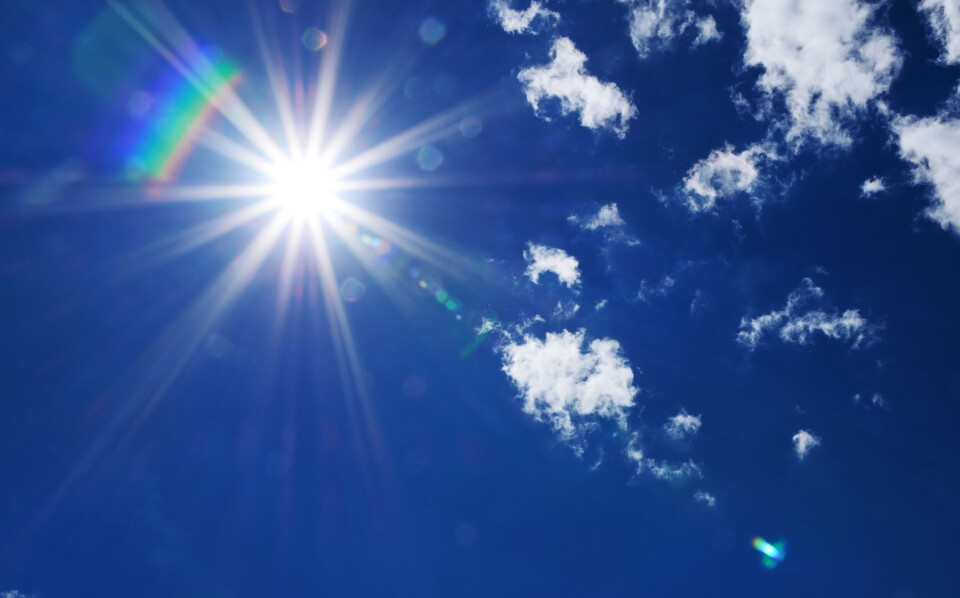-
Britons are the largest foreign community of second-home owners in Nouvelle Aquitaine
See which other departments in the region are popular with British nationals
-
Travellers risk extra costs under new Eurotunnel ticket rule
Some fare options are less flexible and less forgiving of lateness
-
May will be difficult month for train travel in France, warns minister
Two major train unions are threatening to strike and are ‘not willing to negotiate’, he says
France’s fourth heatwave of the year forecast for this week
Highs of 40C are expected in the south with temperatures peaking around Friday (August 12)

France’s fourth heatwave of the year so far is set to begin today (Monday, August 8) in the south, before spreading across the whole country and lasting until next weekend.
This comes just after the high temperatures linked to the summer’s third heatwave dropped slightly over last weekend.
This week, everywhere south of the Loire river should expect temperatures of around 36C-40C during the day, and 20C or more at night. In the west, highs will fluctuate between 35C and 39C, and in the north west it will be 30-34C.
North of the Loire, temperatures should be made to feel cooler by the wind.
Read more: Drought map update: See the French departments with water restrictions
This morning, the departments of Gard and Vaucluse are under an amber warning for high temperatures, with yellow alerts having been applied to much of the southern quarter of the country, from the Atlantic to the Mediterranean coastline.
This fourth heatwave is the result of an anticyclone lingering over western Europe, preventing other weather systems from reaching it. This is leading some meteorologists to state that this latest episode is simply a continuation of the third heatwave.
National weather forecasting service Météo France is not yet qualifying the hot spell as a canicule – when temperatures remain above a certain threshold during the day and at night for at least three days – but it is “probable” that this will occur.
“We are talking about a heatwave which is lasting nearly 15 days, it’s a very long time,” Météo France forecaster François Jobard told Franceinfo.
Temperatures “will rise day by day to reach very high levels, even in the northern half [of France],” Mr Jobard added.
Friday (August 12) is expected to be the hottest day, with highs of 35C in Paris, as opposed to 30C today.
Read more: 7 French expressions to use when it's hot weather
However, this heatwave episode will not be as intense as that which occurred in July, where temperature records were broken across several French regions.
The hot weather will continue contributing to the dryness of France’s soils. “There will be stormy rain showers, but normally on higher ground and in Provence-Alpes-Côte d’Azur,” Mr Jobard said.
“That will help the situation on a very local level, but across the vast majority of the country, it will remain desperately dry.
“The sun and the wind dry [things out]; the ground will lose even more water this week.”
This comes after July was revealed to be the second driest since records began.
Do I need to do anything?
People in areas affected by an orange weather alert should:
- Drink water several times a day
- Eat normally
- Wet their skin several times a day using a flannel or spray
- Avoid going out between 11:00 and 21:00
- Wear a hat and lightweight clothes if they have to go out
- Try to stay in a cool or air conditioned room for a few hours each day
- Limit physical exercise
- Close their shutters, windows and curtains during the day and open them at night
- Check up on elderly or vulnerable family members or friends
- Call a doctor if they are feeling unwell
Related articles
‘Un soleil de plomb’: Our French expression of the week
How are French authorities informing people of water restrictions?
























